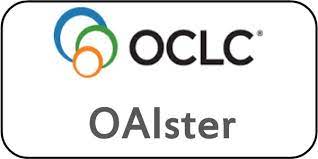Dapagliflozin in the Landscape of Type 2 Diabetes Management
Keywords:
Type 2 diabetes mellitus, CVD, dapagliflozinAbstract
As per current statistics, India accounts for more than 74 million individuals living with diabetes. Many of these individuals
have associated cardiovascular disease (CVD) and chronic kidney disease (CKD) comorbidities. Optimal glycemic management
is important because uncontrolled glycemia may accelerate the macrovascular and microvascular complications, further
aggravating the comorbid conditions. Metformin is used as the first-line therapy in most persons. However, there are some
who do not tolerate metformin, are unable to achieve required glycemic targets or require greater efforts for cardiovascular
(CV) risk reduction. These patients require an alternative hypoglycemic agent to be used as either monotherapy or as
combination treatment with metformin, respectively. Sodium-glucose cotransporter-2 (SGLT2) inhibitors are one such novel
class of drugs that can be used as either monotherapy or as part of two drug (dual) or three drug (triple) combinations with
other oral hypoglycemic agents or insulin. Dapagliflozin is a promising option for managing type 2 diabetes with CV and
renal benefits, weight and blood pressure reducing properties. A low risk of hypoglycemia and drug-drug interactions are the
added advantages. In this article, the authors have reviewed the existing clinical evidences on dapagliflozin and highlighted
its place in the diabetes management landscape.
Downloads
Published
Issue
Section
License
All open access articles published in IJCP are distributed under the terms of the CC BY-NC 4.0 license (Creative Commons Attribution-Non-Commercial 4.0 International Public License). This license permits unrestricted use, distribution, and reproduction of the articles in any medium for non-commercial purposes, provided that: The original authorship is properly and fully attributed. The IJCP is cited as the original place of publication with correct citation details. If an original work is reproduced or disseminated in part or as a derivative work, this must be clearly indicated. No articles are reproduced for commercial use without prior consent from the IJCP. All licensing requests and permissions for commercial use will be managed by the Publisher.










